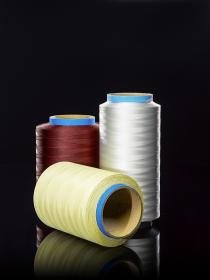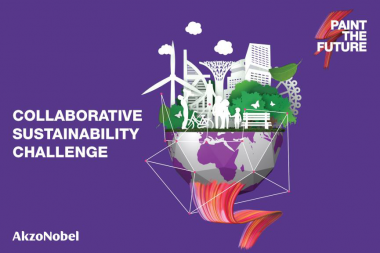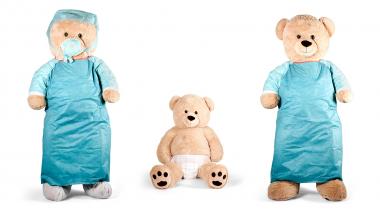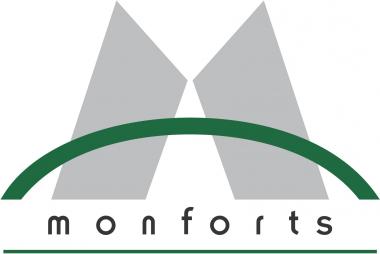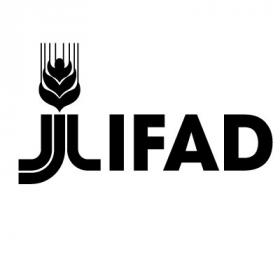COBRA International showcases its portfolio for vehicle systems at AUVSI XPONENTIAL 2022
Cobra International will showcase its portfolio of design and manufacturing solutions for the unmanned vehicle systems sector when the company exhibits alongside long-term partner HiveGround at the AUVSI XPONENTIAL 2022 conference.
Taking centre stage on the Cobra stand will be a fully assembled Swiftlet UAV. This compact tactical fixed wing UAV platform has a 5.5m wingspan and was developed by the Royal Thai Air Force and National Science and Technology Development Agency (NSTDA) for a broad range of survey, monitoring and search and rescue (SAR) operations. Cobra manufactured the 30kg Swiftlet composite airframe using a combination of CNC cut carbon sandwich internal structure and PVC foam sandwich skins using both high grade glass fibre and carbon fibre reinforcements.
Visitors to the Cobra stand will also see the VETAL, a twin rotor vertical take-off and landing (VTOL) drone with a composite airframe manufactured by Cobra for HiveGround, the Thailand based developer of UAV surveying and robotics systems.
At AUVSI XPONENTIAL, Cobra will also illustrate how the company leverages innovation and expertise developed in its water sports and automotive business to enhance its product offering to the UAV sector. Products on display include a Fliteboard electric foiling surfboard, pre-preg hydrofoil parts, lightweight medical prosthetics, flax and forged carbon parts, as well as a full set of visual carbon and painted automotive trims, each demonstrating the company’s high volume production capacity for ultra-light carbon composite structures.
The show will take place from the 25 to 28 April at the Orange County Convention Center, Orlando, Florida.
COBRA International / 100% Marketing














